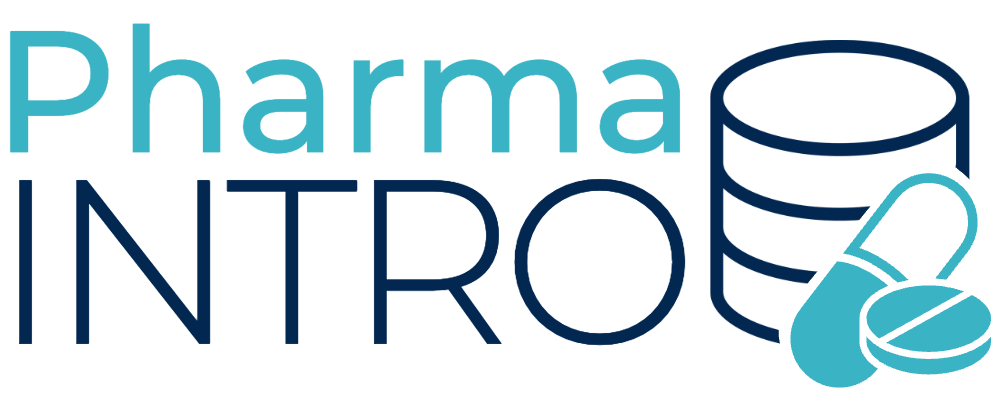Clinical trials are a crucial part of drug development in the pharmaceutical industry. These trials are designed to test the safety and efficacy of new drugs before they are approved for use. However, traditional clinical trial methods can be slow, expensive, and inefficient. This is where analytical services come in. In this blog post, we will explore how analytical services are revolutionizing clinical trials in the pharma industry.
What are analytical services? Analytical services refer to the use of advanced analytics and data science techniques to analyze data from clinical trials. This data can include patient records, laboratory results, and other clinical trial data. Analytical services providers use a range of statistical and machine learning algorithms to analyze this data, providing insights that can be used to optimize clinical trial design and improve patient outcomes.
How are analytical services used in clinical trials? Analytical services are used in a variety of ways in clinical trials. One key area where analytical services are used is in patient selection. By analyzing patient data, including genetic data, researchers can identify patient subgroups that are more likely to respond to a particular drug. This can help to improve the efficacy of the drug and reduce the likelihood of adverse events.
Analytical services are also used to optimize clinical trial design. By analyzing data from previous clinical trials, researchers can identify factors that are associated with successful outcomes. This information can be used to design more efficient and effective clinical trials, reducing the time and costs associated with drug development.
Another way analytical services are revolutionizing clinical trials is by enabling real-time monitoring of patient outcomes. By analyzing patient data as it is collected, researchers can identify potential safety issues or efficacy problems in real-time, allowing for rapid course correction and minimizing the risk of harm to patients.
Benefits of using analytical services in clinical trials The benefits of using analytical services in clinical trials are numerous. By leveraging advanced analytics and data science techniques, researchers can:
- Identify patient subgroups that are more likely to respond to a particular drug, improving efficacy and reducing the risk of adverse events
- Optimize clinical trial design, reducing time and costs associated with drug development
- Monitor patient outcomes in real-time, enabling rapid course correction and minimizing the risk of harm to patients
- Identify safety issues and efficacy problems early on in the clinical trial process, reducing the risk of drug development failures
- Improve the overall quality of clinical trial data, reducing the risk of bias and errors in data analysis
In conclusion, analytical services are revolutionizing clinical trials in the pharma industry. By leveraging advanced analytics and data science techniques, researchers can optimize clinical trial design, monitor patient outcomes in real-time, and improve the overall quality of clinical trial data. As technology continues to evolve, we can expect even more innovations in the use of analytical services in clinical trials in the years to come.

